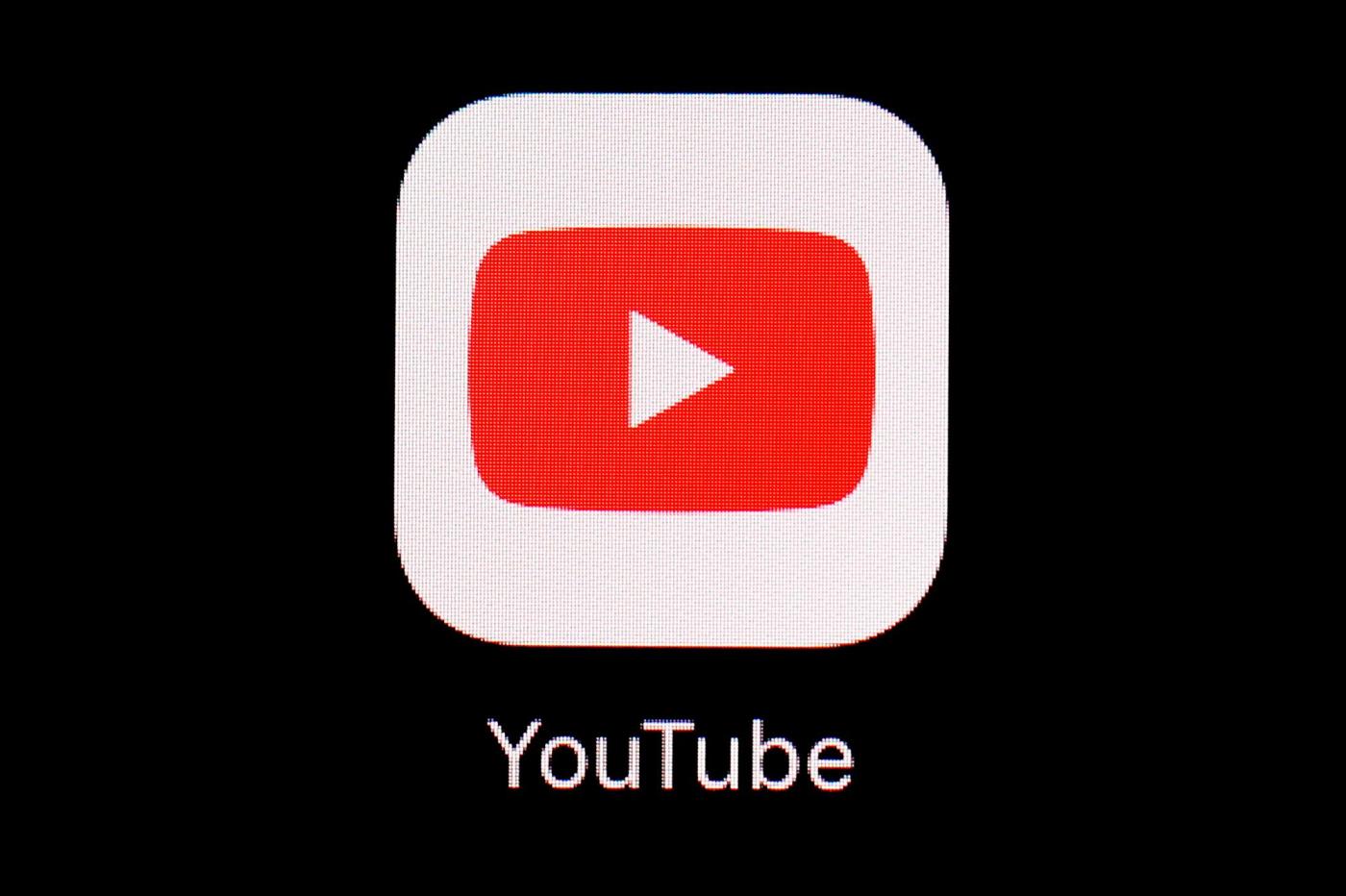YouTube has announced a significant policy change, allowing creators whose accounts were suspended for violating its COVID-19 and election integrity policies to regain access to the platform. This decision reflects a shift in the company’s approach to content moderation, particularly regarding political speech.
In a letter addressed to the Committee on the Judiciary, which was provided by Alphabet Inc., Google’s parent company, the legal counsel confirmed that channels suspended under policies no longer in effect will have the opportunity for reinstatement. This letter was part of the response to subpoenas issued by the committee as it investigates the actions of major tech companies concerning content related to the COVID-19 pandemic and the 2020 U.S. presidential election.
Alphabet’s letter emphasized the company’s commitment to free expression, stating, “YouTube will provide an opportunity for all creators to rejoin the platform if the company terminated their channels for repeated violations of COVID-19 and elections integrity policies that are no longer in effect.” This change may allow influential voices, such as Dan Bongino, Steve Bannon, and Sebastian Gorka, who were permanently banned from YouTube, to return.
The letter highlighted that YouTube recognizes the importance of conservative voices in civic discourse, noting, “YouTube values conservative voices on its platform and recognizes that these creators have extensive reach.” The policy changes come after Alphabet amended its guidelines surrounding discussions on COVID-19 in 2023 and 2024, acknowledging that reliance on health authorities should not stifle public debate on critical issues.
Alphabet also disclosed that it faced consistent pressure from high-ranking officials in the Biden administration regarding content moderation. The letter stated that the administration sought to influence YouTube’s decision-making process concerning user-generated content that did not violate its established policies.
The legal counsel criticized the Biden administration for creating “a political atmosphere that sought to influence the actions of platforms based on their concerns regarding misinformation.” This reflects a broader concern about governmental influence over content moderation practices across social media platforms.
This situation mirrors comments made by Mark Zuckerberg, CEO of Meta, who recounted that officials from the Biden administration pressured his team to remove content. In a conversation on the Joe Rogan podcast, Zuckerberg described instances where staff faced intense demands from the administration to take down material, asserting, “We were like, ‘No, we’re not gonna take down things that are true. That’s ridiculous.’”
The reversal of YouTube’s policies could have far-reaching implications for the platform’s content landscape and the broader conversation surrounding freedom of speech in the digital age. As the company moves forward, it will likely continue to navigate the delicate balance between maintaining user safety and fostering an environment for diverse voices.
For updates on this developing story, please follow relevant news sources.





































































